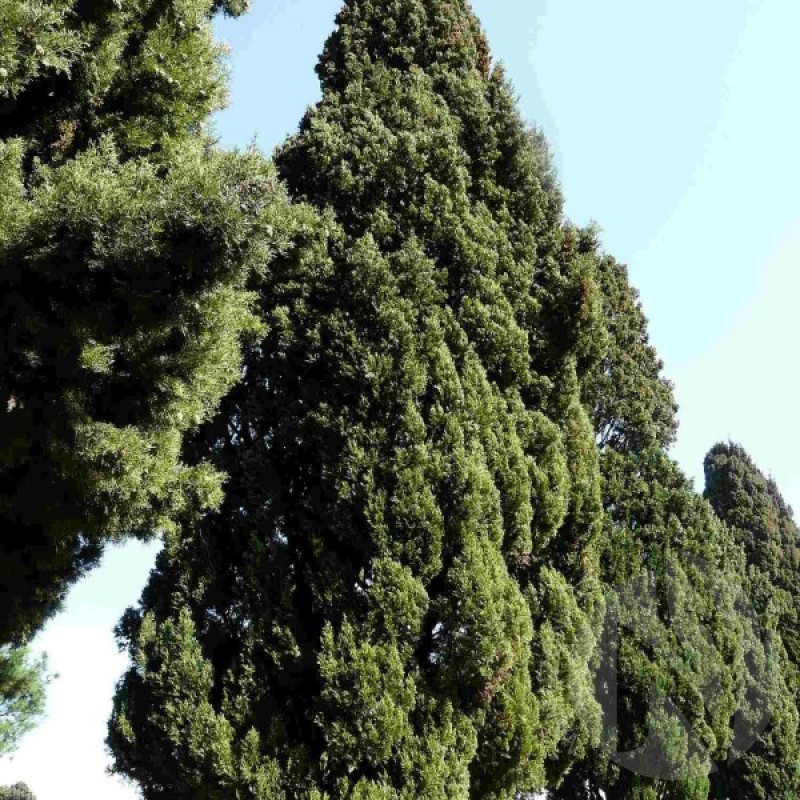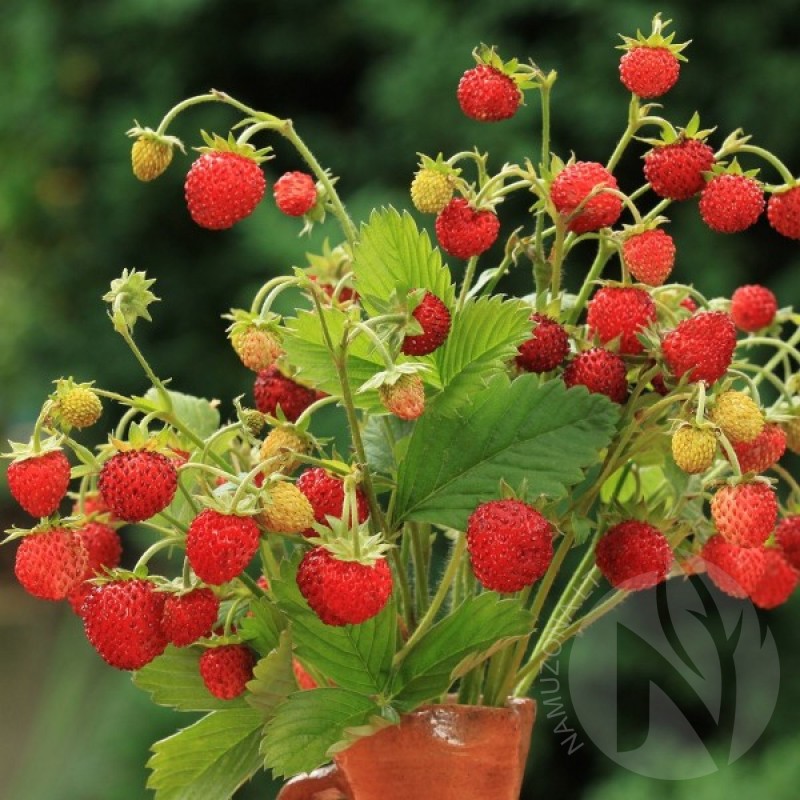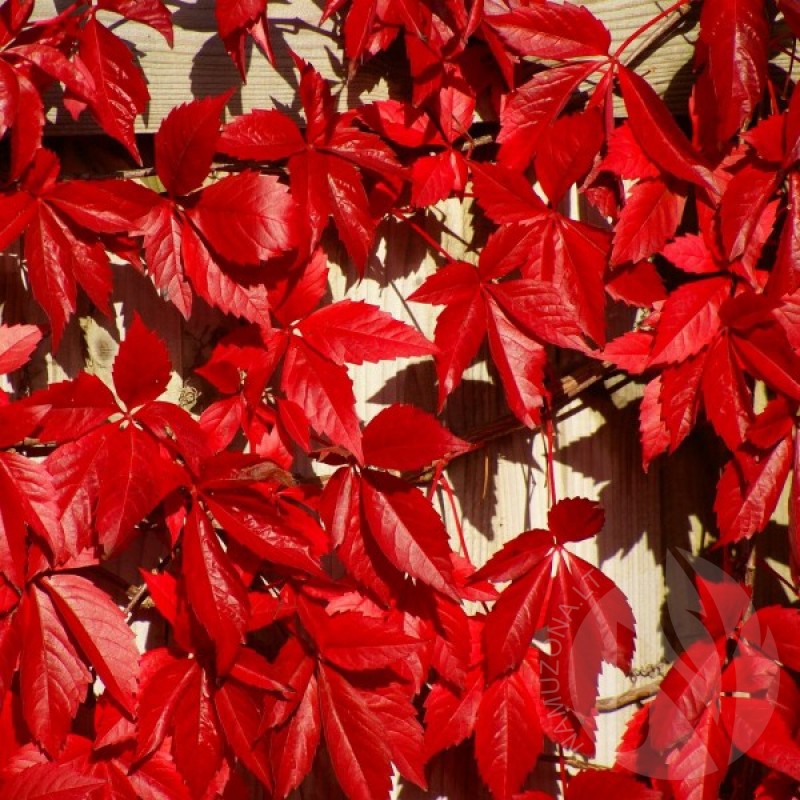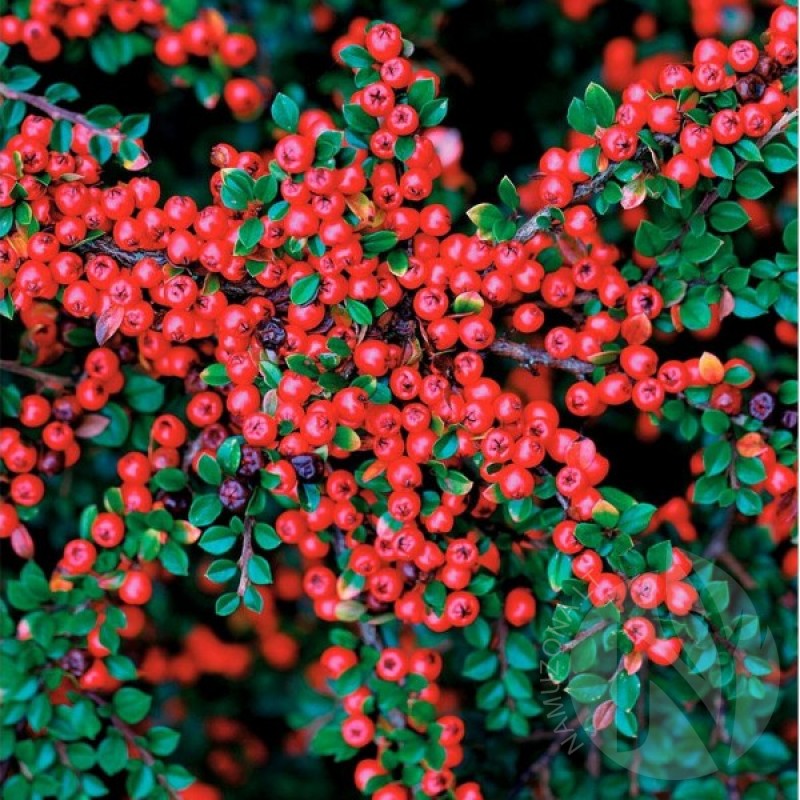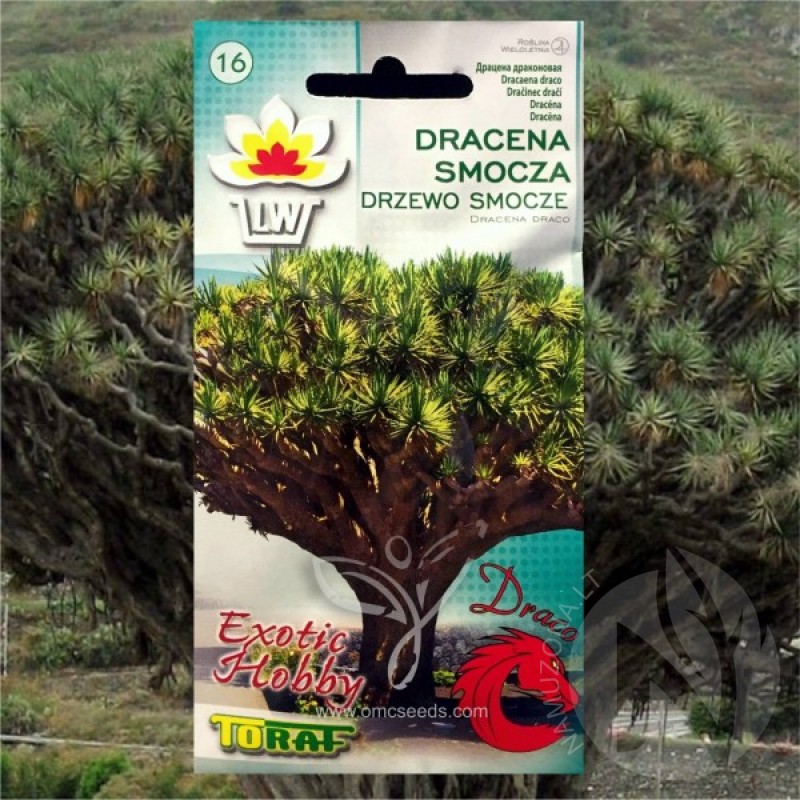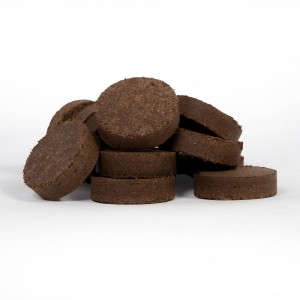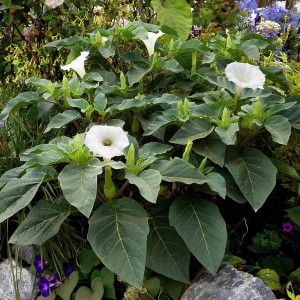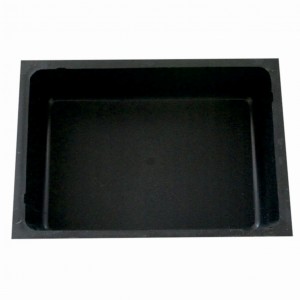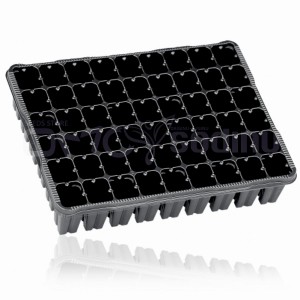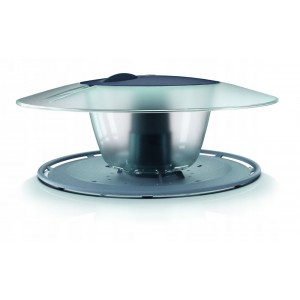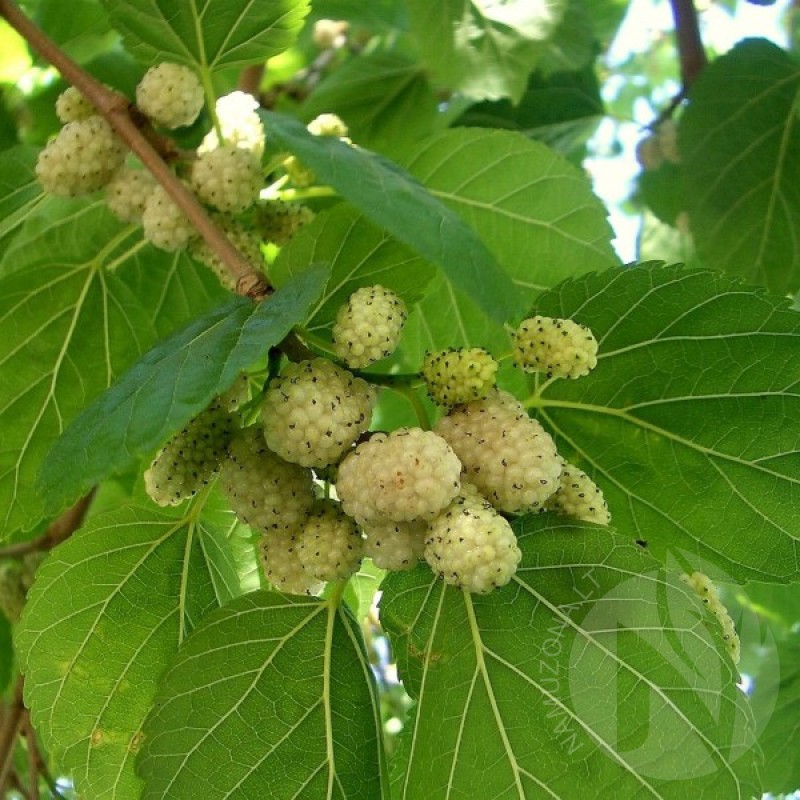
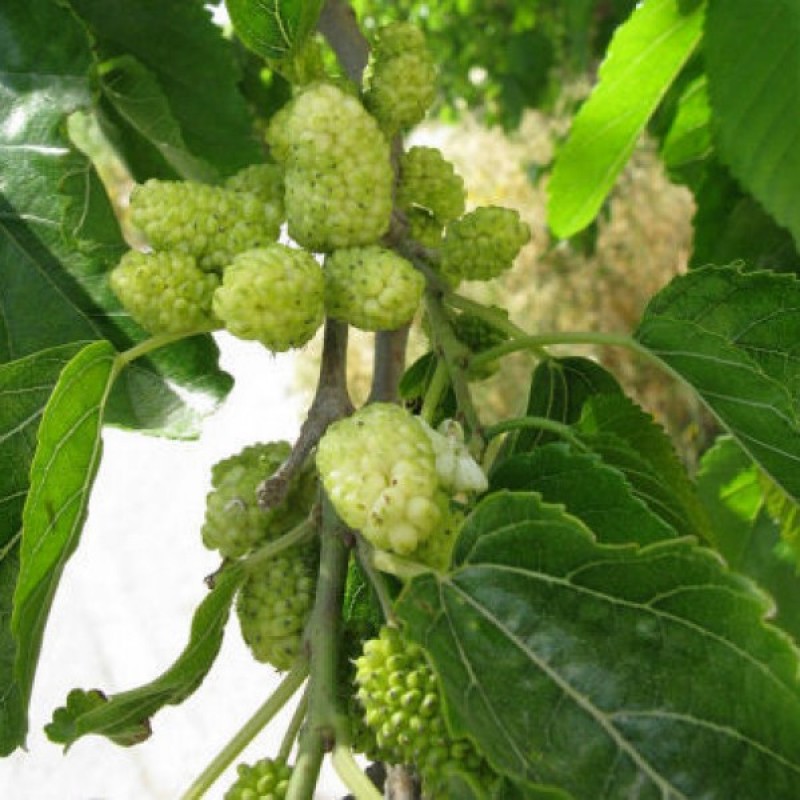
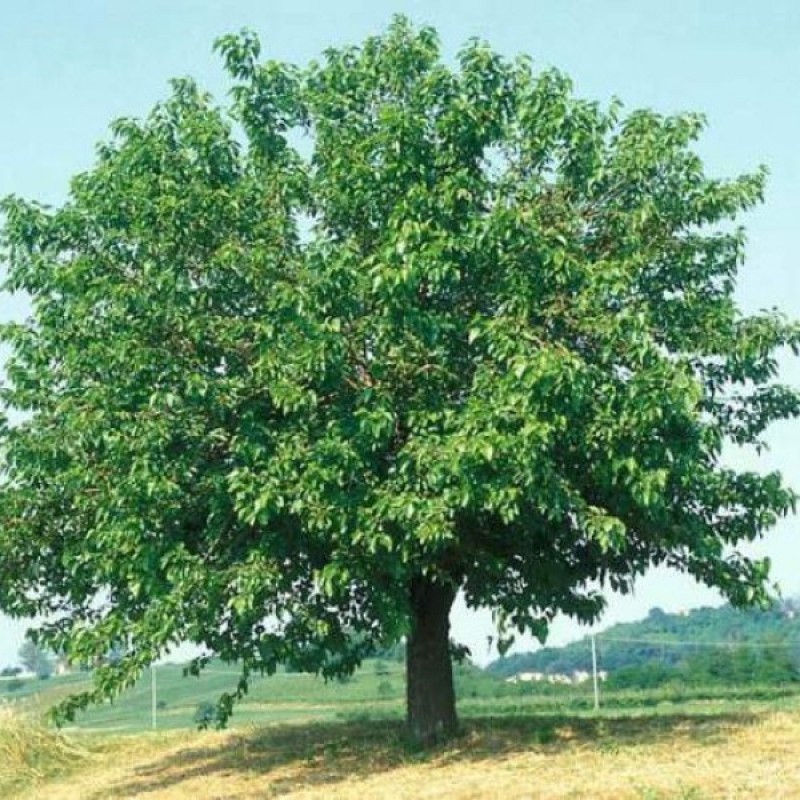
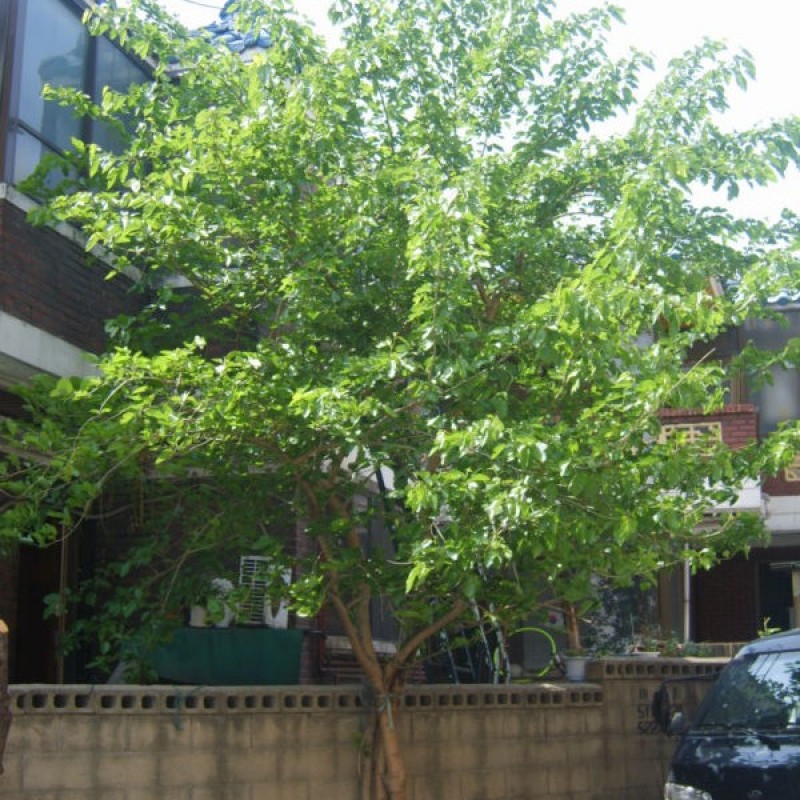
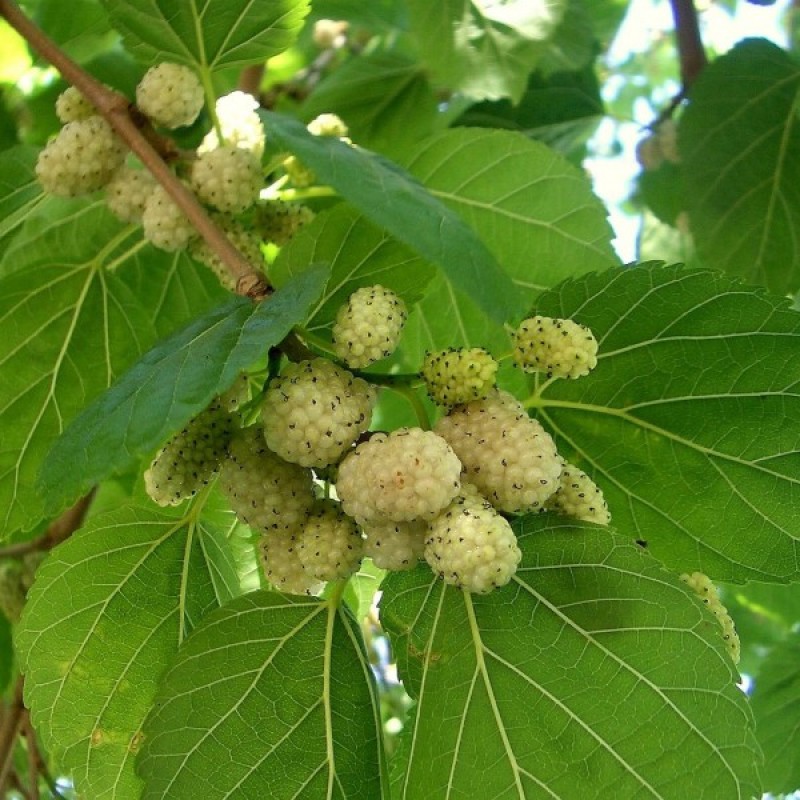
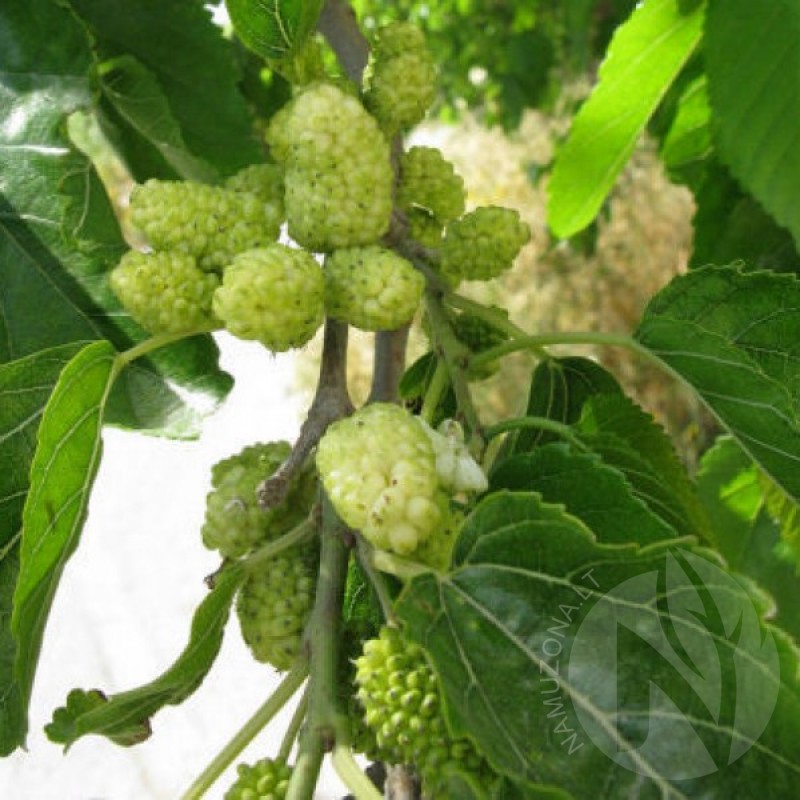
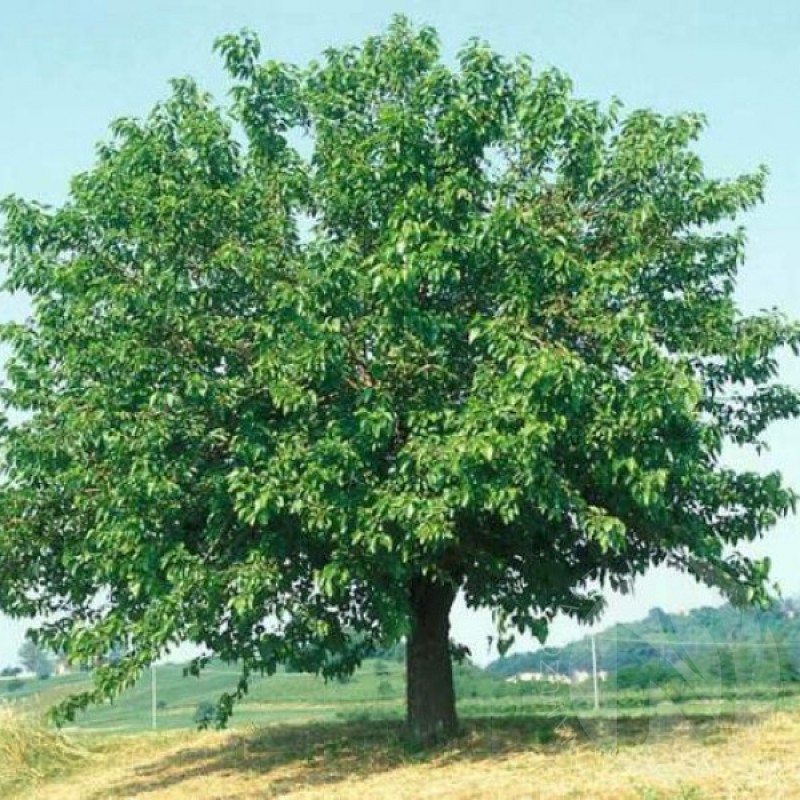
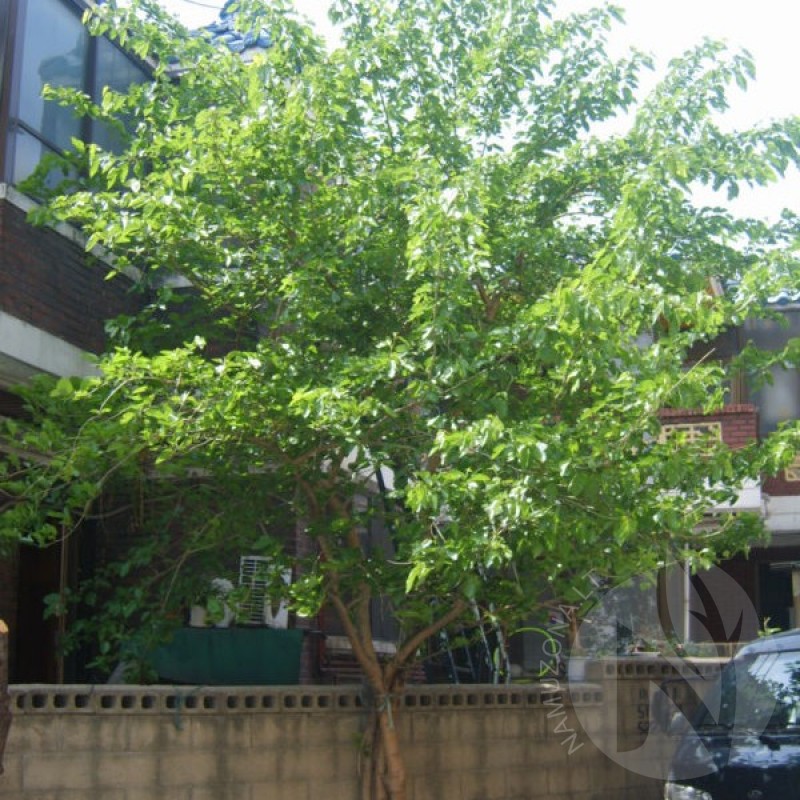
PAY ATTENTION!
All seeds (except SOLD OUT) are available for immediate shipping and will be dispatched within 1-2 business days.
INFORMATION NEEDED? PLEASE CONTACT US NOW!
The white mulberry is a medium large deciduous tree with a broad canopy renowned as a shade maker in hot climates. The species is a native of China where its leaves are used to feed worms used in the ancient process of silk making. The strong trunk and branches bear a pleasing grayish-white smooth bark from which it received its common name. Leaves are very large, oval to heart shaped and bright glossy green. Foliage turns butter yellow in the fall.
In early spring the white mulberry produces insignificant flowers which are followed by large quantities of insipid yet edible raspberry-like fruit. It is considered a nuisance for littering pavement with fruits, but is appealing to birds and other forms of wildlife. White mulberry grows in all soil types provided they are well drained. This tree is notoriously surface rooted, which can damage paving and foundations. It is a very fast grower if provided regular water, but is also very drought resistant. To compensate for prolonged drought trees simply slow growth and may become stunted over time. Due to the fruit, the species is rarely grown in gardens, but its many fruitless cultivars have become a staple shade maker for homes in the far western states.
Information source: www.Learn2Grow.com.
Genus - Morus
Species - Alba
Common name - White Mulberry
Pre-Treatment - Not-required, but recommended
Hardiness zones - 5 - 8
Height - 20'-30' / 6 - 9 m
Spread - 10' / 3 m
Plant type - Tree
Vegetation type - Deciduous
Exposure - Full Sun
Growth rate - Fast
Soil PH - Acidic, Neutral, Alkaline
Soil type - Clay, laom, Sand, well drained
Water requirements - Xeric/Desert, Drought Tolerant, Average Water
Landscape uses - Shade Trees, Street Trees
Bloom season - Spring
Leaf / Flower color - Green / Yellow
GERMINATION INSTRUCTIONS
Can be sown directly, but 30 cold/moist stratification is really recommended.
Time to sow - January to April inside or in cold frame.
Prior to sowing soak seeds for 24 hours and sow on the surface of moist clean soil or stratify prior sowing - it will increase the germination rate. Create a mix of 1:1 seed compost and sharp sand or vermiculite which is moist but not wet. Add soaked seeds to the mix and place in a ziplock bag. Place in the fridge at +2-+4 for 1 month and after sow on the surface of moist soil. Press seeds lightly.
Cover with glass or clear plastic and keep at room temperature in bright place.
Seeds will germinate in 1-2 weeks.
But I will return to you in the future with new orders!
Thank you and good luck!
No questions about this product.

